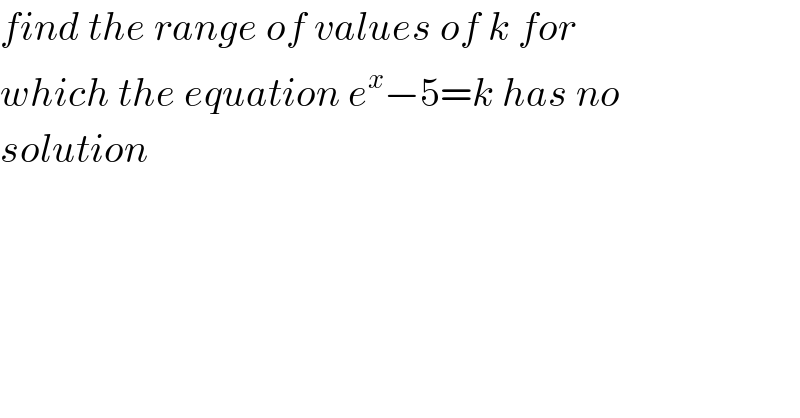
Question and Answers Forum
Question Number 116722 by ayenisamuel last updated on 06/Oct/20

Answered by Rio Michael last updated on 06/Oct/20

| ||
Question and Answers Forum | ||
Question Number 116722 by ayenisamuel last updated on 06/Oct/20 | ||
 | ||
Answered by Rio Michael last updated on 06/Oct/20 | ||
 | ||
| ||